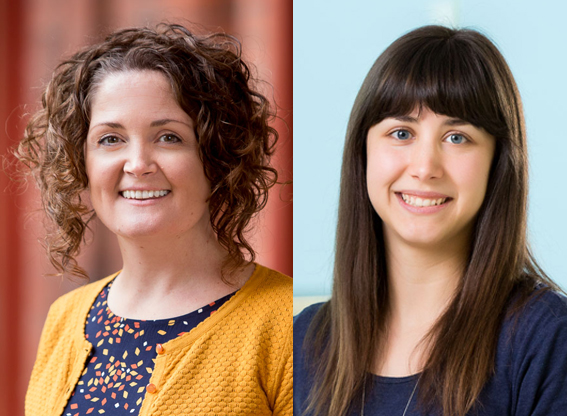Seminar | Dr Stacey Panozzo & Emily Habgood

Lecture Theatre C, Level 7, Victorian Comprehensive Cancer Centre, 305 Grattan St, Melbourne
Palliative and end of life care provision for hospitalised prisoner patients
DR STACEY PANOZZO
Research Fellow, Palliative Medicine Research Group
UMCCR and Department of Medicine and Radiology
Equity of access to palliative care services is an issue in Australia. While palliative care services are widely established and provide proven benefits, access to such services remain inconsistent and variable, particularly for patient groups experiencing vulnerability. Currently, little is known about the palliative and end of life care access and provision for prisoners. Australia has a growing prisoner population and an increasing number of older prisoners with significant and complex health needs.
This research aims to better understand the palliative care access of hospitalised prisoner patients and explores the experiences and perceptions of health care professionals involved in the care of these patients. In this seminar, Dr Stacey Panozzo will present research findings on palliative and end of life care provision for hospitalised prisoner patients and the work-in-progress in this area.
There’s an app for that! Patients experiences of using melanoma apps
EMILY HABGOOD
PhD Candidate, Cancer in Primary Care
UMCCR and Department of General Practice
Melanoma skin cancer is the 4th most commonly diagnosed cancer in Australia. Interest is growing in the use of mobile apps to support skin self-monitoring and improve the likelihood of earlier diagnosis. This study aimed to understand patients experiences on the usefulness and acceptability of using apps for skin self-monitoring.
This study was conducted in primary care and in secondary care. Participants could use two mobile apps for skin self-monitoring over a period of three months. A semi-structured interview was conducted with 34 participants to discuss their experiences, with twelve participants reporting they did not use the apps at all. Some participants trusted their doctors to check their skin, many reported checking their skin regularly outside the use of the apps and others thought they encouraged them to check their own skin more actively the apps.